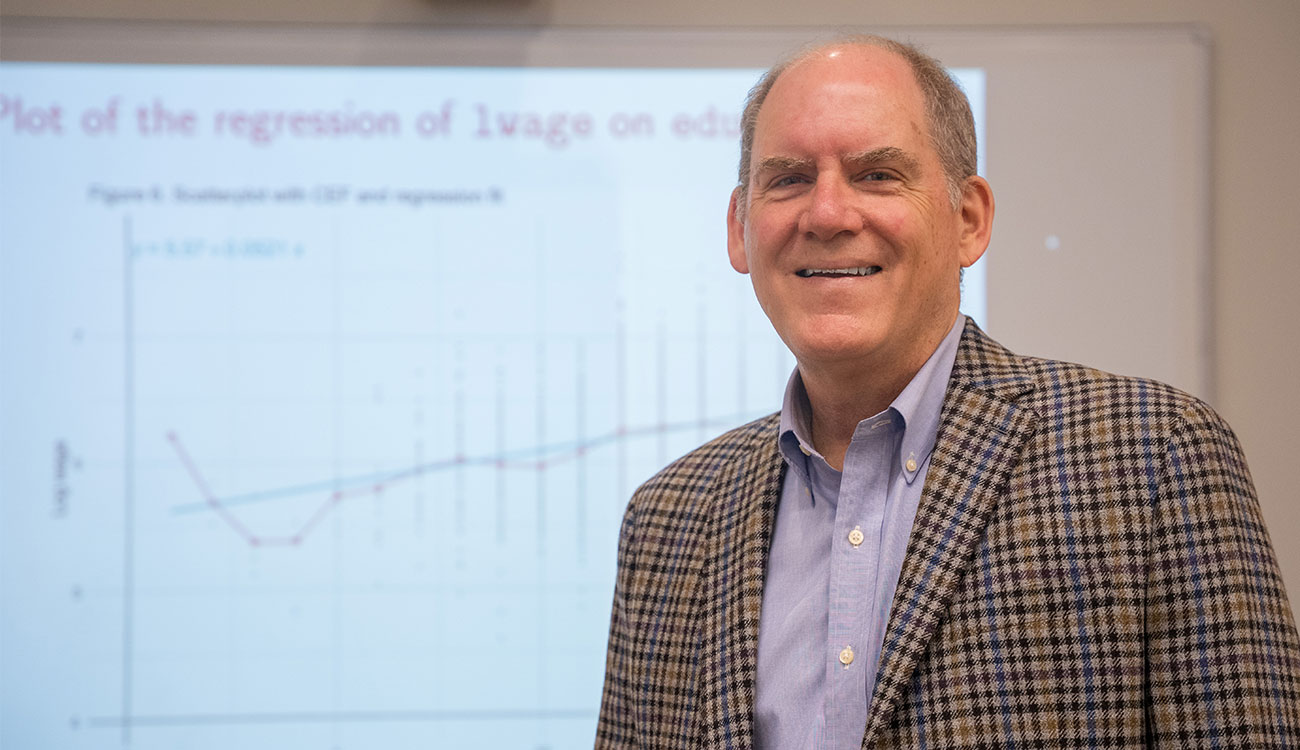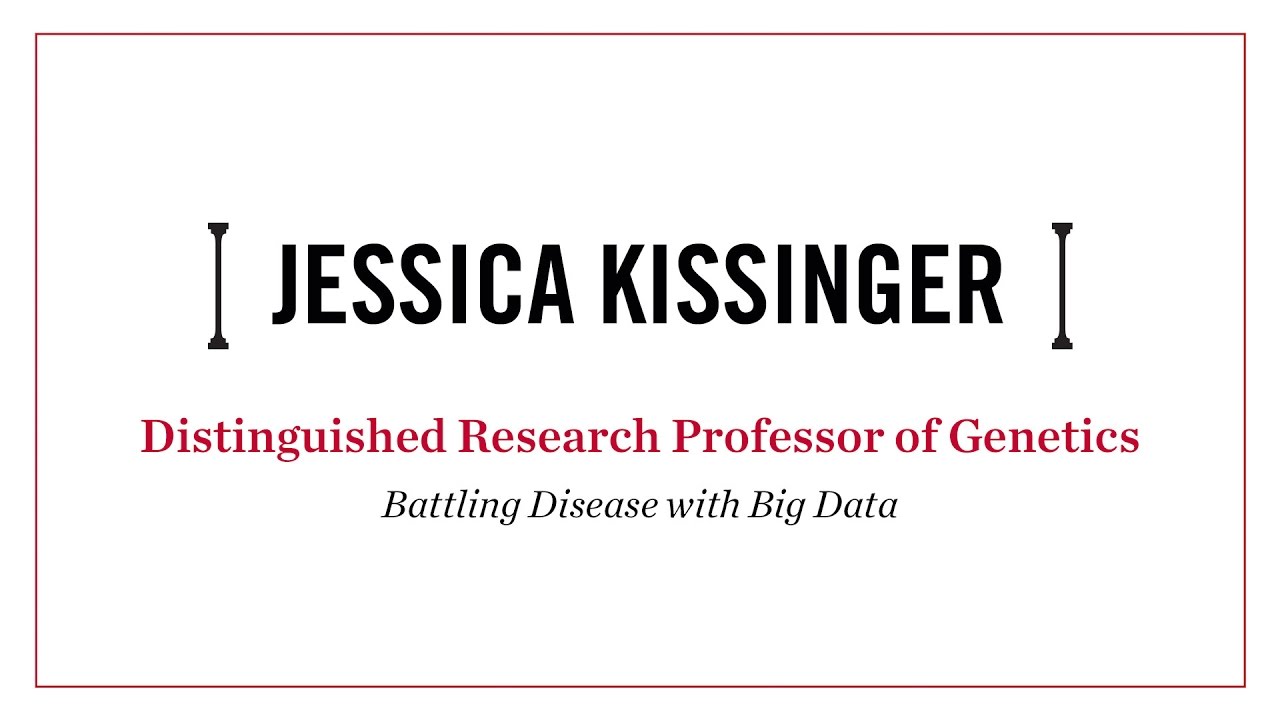When Hurricane Helene barreled inland in 2024, it didn’t just flood coastal cities. It sent torrents of rain 300 miles inland to Asheville, North Carolina, and hurricane-force wind gusts to places like Atlanta. Asheville, a mountain town unaccustomed to hurricane devastation, experienced intense flooding and landslides that wiped out vital infrastructure. Not long after Helene, wildfires scorched Los Angeles, causing more than $250 billion worth of damage.
As climate driven disasters grow more unpredictable, the question facing communities isn’t just how to rebuild—but how to prepare.
In the University of Georgia’s Terry College of Business, researchers are using business analytics to address these challenges—quantifying the risk-reducing benefits of natural disaster mitigation strategies, working to turn oyster banks, marshlands, and mangrove forests into data-backed defenses, helping people protect their property and insurance companies price risk.
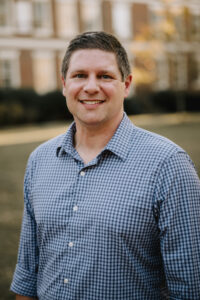
“Evaluating risk is all about predicting the future. Past data are useful, but today is looking less and less like yesterday. We must sharpen our forward-looking tools such as simulations and artificial intelligence to try to understand what’s possible,” said Marc Ragin, associate professor in the C. Herman Terry Risk Management and Insurance Program. “We now live in a world where unprecedented events happen every day, so we have to go beyond the existing data to see the high-risk areas ahead.”
Ragin serves as UGA’s site director for the proposed Center for Innovation in Risk-analysis for Climate Adaptation and Decision-making (CIRCAD), an interdisciplinary effort with expertise in business, engineering, atmospheric science, international affairs, agricultural economics, anthropology, and urban planning.
This research collaboration between UGA and Duke University explores how climate risk impacts households, communities, businesses, and markets. Using data analytics, the team hopes to measure climate vulnerability, assess the consequences of extreme heat and heat insurance, test innovations in wildfire-prone regions, and develop metrics for predictive catastrophe models.
Notably, CIRCAD is industry-funded, with research sponsored by membership fees from companies that work in industries highly affected by climate risk: primarily insurance, reinsurance, catastrophe modeling, and real estate.
“Instead of motivating academic research with academic questions, we’re looking at the key needs of industry and society more broadly,” Ragin said. “By doing that, we hope the outputs of our research projects will be immediately useful.”

Adapting to analytics
In the ever-evolving future of work, technological advancements continue to drive change, prompting the need for better understanding around data-driven decisions, analytics research, and skills development for professionals and students alike.
Terry College anticipated this shift years ago, recognizing the need to train students and employees for uncertain, flexible workplaces. At the college’s new M. Douglas & V. Kay Ivester Institute for Business Analytics and Insights (IIBAI), these efforts are coming together under one umbrella, with analytics curriculum for both undergraduate and graduate students, research resources for faculty, and industry- and community-focused partnerships.
“This is a story about technology and data becoming ever more ubiquitous,” said Christopher Cornwell, director of the IIBAI and Simon S. Selig Jr. Chair for Economic Growth. “The institute will help us to accelerate what we’ve been doing, as well as take on more projects and build greater relationships with stakeholders.”
Broadly speaking, the term “business analytics” covers a wide range of activities involved in asking questions about an organization’s data, gleaning insights, and then communicating stories about that data, Cornwell said. IIBAI addresses what happens in between—asking the right questions, applying the right data analytic tools and techniques, and thinking critically about the results.
“As we produce and store increasing amounts of data,” he said, “we need to be ever more sophisticated about analyzing it and finding the stories contained in the data.”
Training students, professionals, and organizations to think analytically, consider data-based questions, and apply what they find will grow increasingly important.
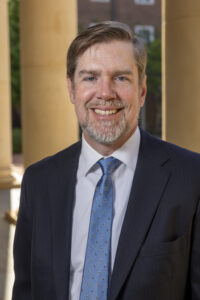
Many business schools across the country have created business analytics programs, both at the undergraduate and graduate levels. Terry College’s M.S. in business analytics, for example, has gained a reputation for high employability and high starting salaries after graduation.
“Data analytics is becoming an important part of how many companies are doing business now and in the future, and if we wait on it to filter through the normal channels to the academic level, we’re not going to move fast enough,” said Gerald Kane, C. Herman and Mary Virginia Terry Chair in Business Administration and department head of management information systems.
“I often talk about how people think the problem is that technology is changing too quickly, but in reality, technology is changing faster than people can adapt,” he said. “In turn, people are adapting faster than organizations can assimilate, and organizations change faster than the legal framework can incorporate. Those three gaps represent the full conundrum.”
Incorporating new technology
Artificial intelligence (AI) tools, in particular, have drawn interest across the board, raising paradigm-shifting questions in business and academic work and research, as well as broader social and ethical implications of machine-learning algorithms and innovative disruption.
“In 10 years, we’ll see more of the real impact that AI is going to have on our workplaces,” Kane said. “Right now, we have a proof of concept and developing examples, but it’ll take time for skillsets to be fully optimized for AI. The good news is that it’s not too late, and everyone should be learning.”
That’s why Kane incorporates AI-based analytics in executive education courses at UGA’s Buckhead campus. Most executive students, he said, haven’t used tools such as ChatGPT or other language learning models, and he encourages hands-on practice.
“Many professionals haven’t had time to test these tools, or their organization discourages it,” he said. “Our classroom becomes a sandbox for them to learn. These are skills that everybody will need, and they should be infused at every part of the educational structure at this point.”
The IIBAI, for instance, could serve as a testing ground for large higher education institutions, including UGA, to understand how AI and other tools can be integrated into instruction effectively.
“We’ve never before had a resource like this, and we’re all trying to find the right way going forward,” Cornwell said. “Although it remains a challenge, we need to help people navigate.”
Working with industry groups has also prompted a new way of teaching and incorporating data analytics into undergraduate curriculum. By partnering with the EY Academic Resource Center several years ago, Professor Margaret Christ developed and integrated context-specific technology cases into her accounting analytics courses, which continue to evolve today.
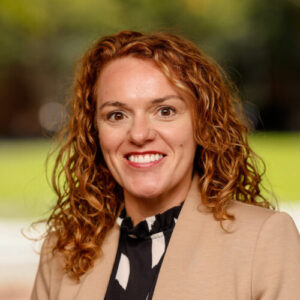
“Using a case-based curriculum and incorporating real-world content into classes has been extremely helpful for students to develop an analytics mindset,” said Christ, director of Terry College’s J.M. Tull School of Accounting.
Students learn to understand a firm’s questions, prepare relevant data, apply the appropriate data analytic techniques, and clearly communicate results with stakeholders. Critical thinking and careful analysis are key.
“Our profession is fundamentally changing, and the way that our graduates work is very data-focused,” she said. “We’re now able to look at much more complete and complex data than before, and our skillset has to change to reflect that.”
For instance, in 2020 research, Christ and colleagues analyzed how drones are being used by farm auditors to count cattle. Previously, farm workers and auditors were required to physically count livestock. Now, drones and other new tools can capture images and tally numbers, resulting in better efficiency and accuracy, and less stress on the animals.
“We’re seeing so many interesting ways to use new technology along with the traditional methods of accounting and analytics,” Christ said. “We’re just beginning to scratch the surface of what’s possible—and how various stakeholders feel about it.”
“Truly, analytics weaves through all of the other pillars. If you want to be a good leader, you can’t do that without relying on evidence and data. The same is true for fostering sustainability and innovation.”
– Santanu Chatterjee, associate dean for inclusive excellence, international, and master’s programs; director of the MSBA program; Dr. Harold A. Black Distinguished Professor of Economics
Investing in the future
Data-driven decision-making will continue to filter through academia and business. At Terry, the IIBAI links to the college’s four strategic pillars: analytics, leadership, sustainability, and innovation.
“Truly, analytics weaves through all of the other pillars,” said Santanu Chatterjee, associate dean for inclusive excellence, international, and master’s programs; director of the MSBA program; and Dr. Harold A. Black Distinguished Professor of Economics. “If you want to be a good leader, you can’t do that without relying on evidence and data. The same is true for fostering sustainability and innovation.”
As part of the MSBA capstone project, students work with a company to address a problem by analyzing data and making recommendations to leadership. Recent capstone cohorts have worked with local groups, such as Athens Area Habitat for Humanity and Books for Keeps, to help answer questions about audits, market research, and B Corp certification, a designation awarded by B Lab, a non-profit organization, that certifies high standards of social and environmental performance.
“Moving all of our business analytics-related efforts into an institute helps to focus our energy on making sure our curriculum is modern and forward-looking and that we have trained faculty focused on industry needs and modern techniques,” Chatterjee said.
In coming years, the IBAII is slated for major plans. For students, the Terry Analytics Lab will offer skills development opportunities that may not fall into traditional, three-credit academic classes. For faculty, the institute will sponsor conferences, acquire proprietary data, and offer seed grants for research. At the industry and community level, an advisory board will build relationships with external stakeholders to inform workplace preparedness, research, and practical applications of data-driven business.
“What will organizations look like in five years, and how will data analytics and AI tools play a role?” Cornwell asked. “It’s an exciting time to ask those questions and look to the data for answers.”



